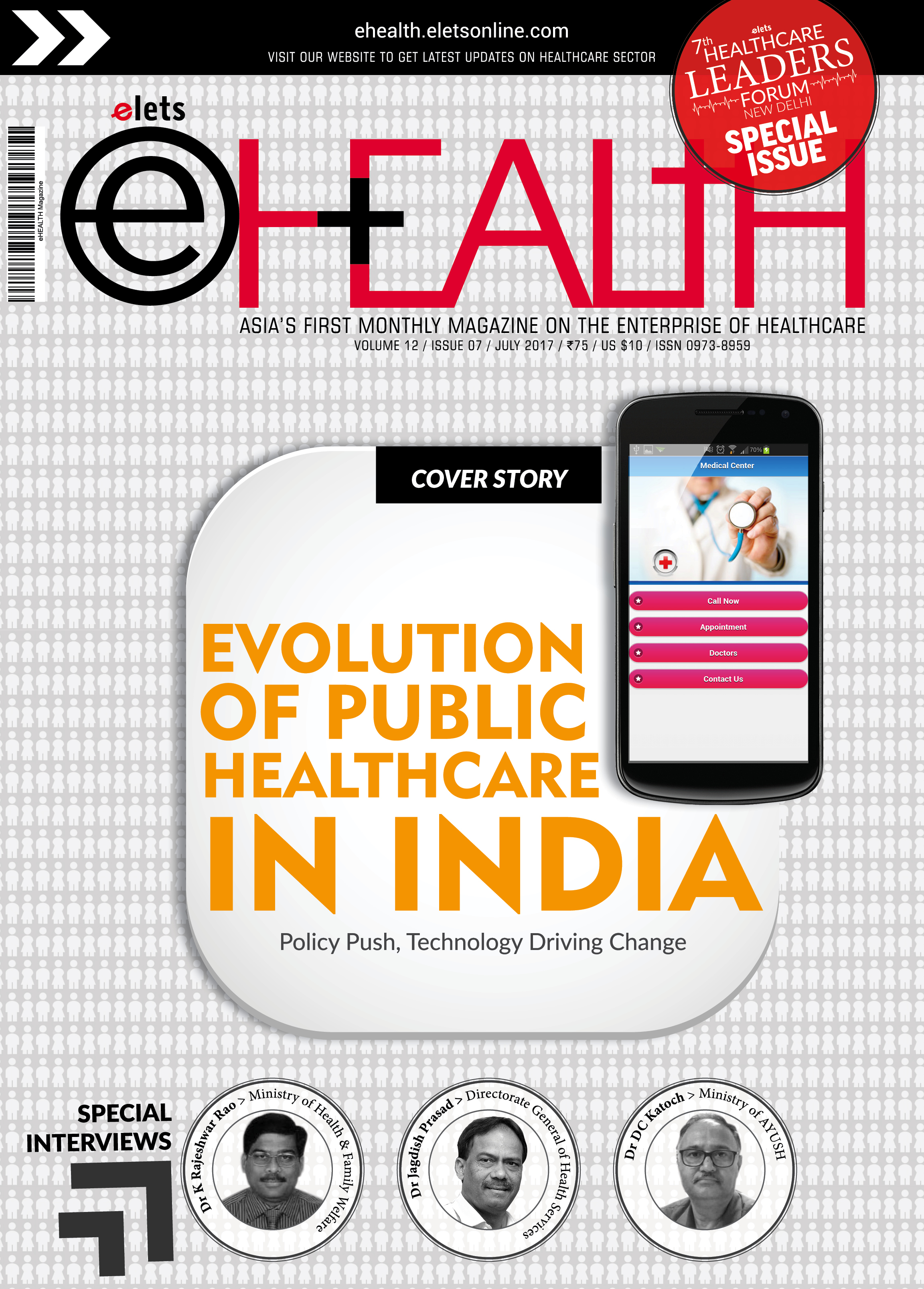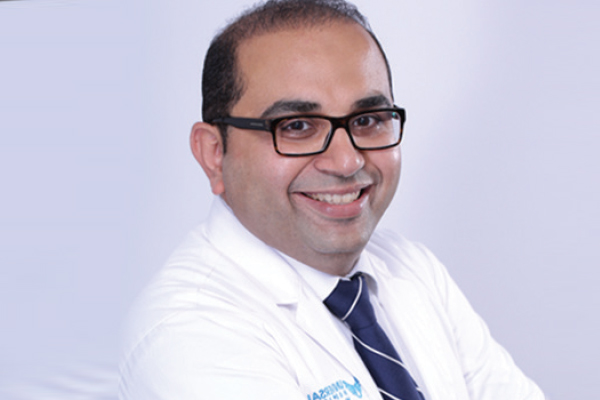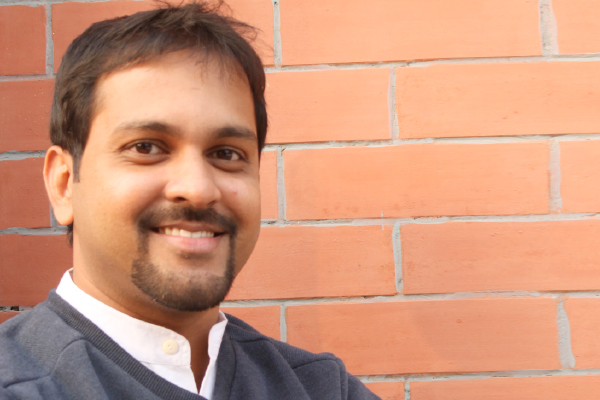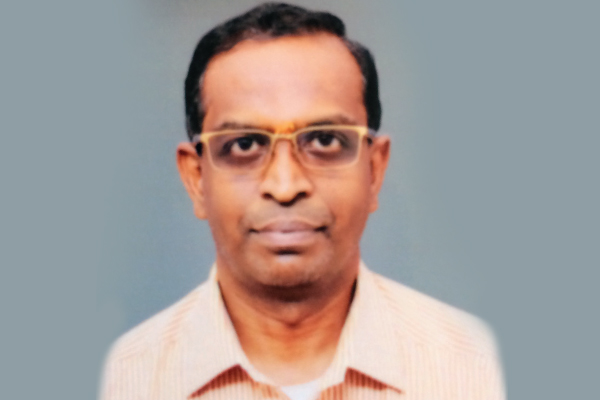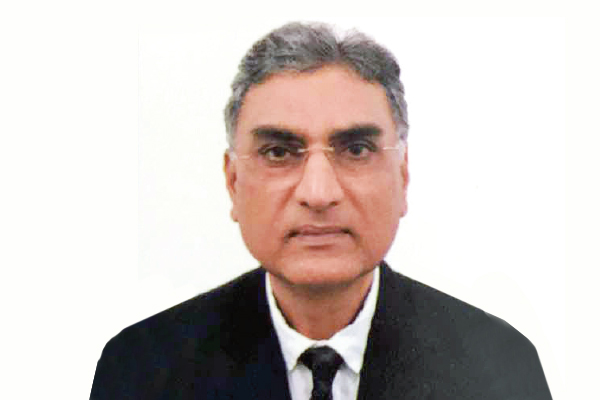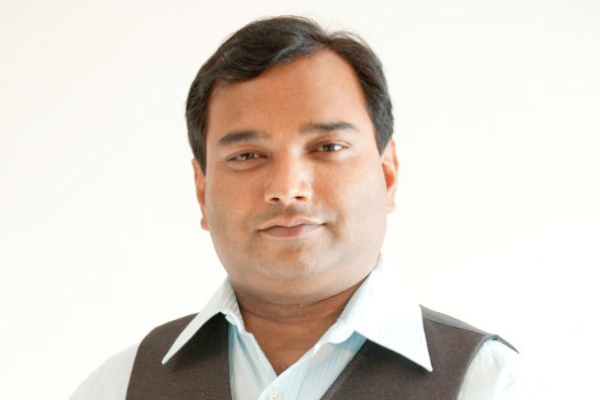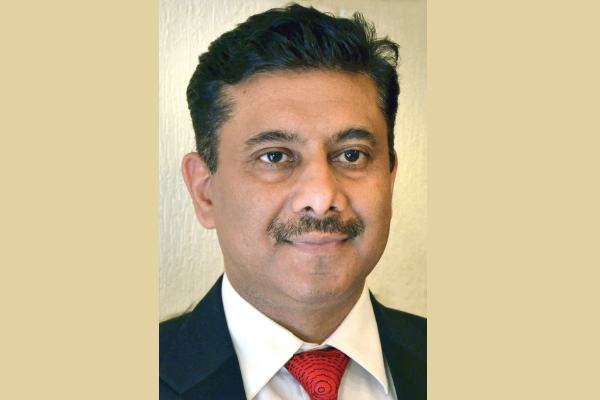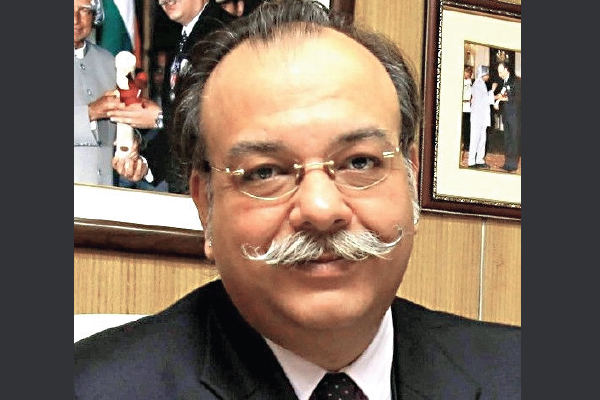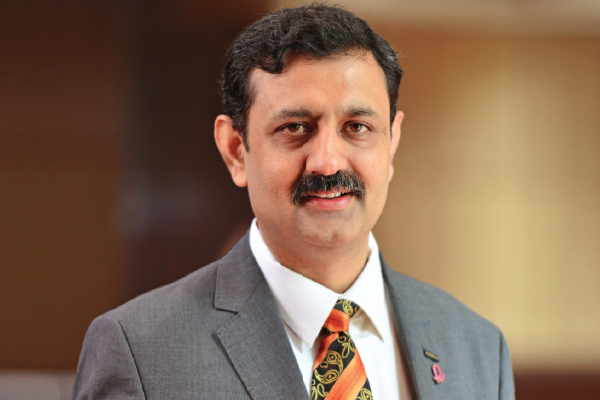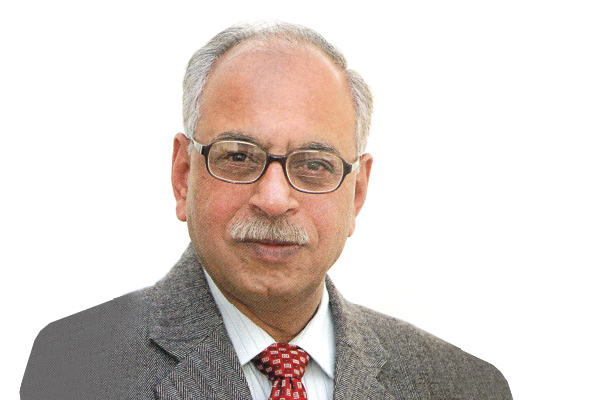
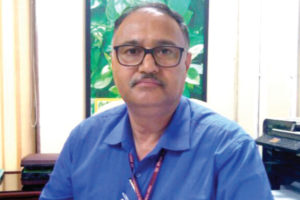 With the government policy initiatives giving the AYUSH (Ayurveda, Unani, Siddha and Homeopathy) a shot in the arm, the traditional systems of medicine are set to be fully integrated with the healthcare service delivery system in India. Dr DC Katoch, Advisor (Ayurveda), Ministry of AYUSH, Government of India, in conversation with Gautam Debroy of Elets News Network (ENN), talks about the various efforts being made to further push the growth of traditional methods of healing and increase their acceptance in public at large.
With the government policy initiatives giving the AYUSH (Ayurveda, Unani, Siddha and Homeopathy) a shot in the arm, the traditional systems of medicine are set to be fully integrated with the healthcare service delivery system in India. Dr DC Katoch, Advisor (Ayurveda), Ministry of AYUSH, Government of India, in conversation with Gautam Debroy of Elets News Network (ENN), talks about the various efforts being made to further push the growth of traditional methods of healing and increase their acceptance in public at large.
Of late the Ministry of AYUSH is getting a lot of attention not only in India but also abroad. What initiatives have you taken to promote the traditional methods of healing?
In November 2014, the Department of AYUSH was upgraded to the status of a full-fledged ministry. The big programme that has been launched by the government for the promotion of Indian systems of medicine is the National AYUSH Mission. Under this mission, we have launched various programmes related to the development of AYUSH sector, particularly for four things — for vertical and horizontal strengthening of AYUSH services; to strengthen the drug quality control mechanism; development of AYUSH teaching institutions; and cultivation of the medicinal plants. These are the core activities that are supported through the National Ayush Mission to be implemented by the various states. This programme is aimed at the overall development of the AYUSH sector.

Another important initiative that has been undertaken is to set up tertiary care apex institutions of AYUSH, like the All India Institute of Ayurveda (AIIA). This project was under consideration for long and now it has been implemented and the institute has come up near the Apollo Hospital in Delhi. Although it is not fully operationalised yet, this will be the apex institute for referral of patients and also for the post graduate and post-doctoral research in the field of Ayurveda. It will also develop collaborations with foreign institutions.
Similarly, we are also considering setting up All India Institute of Unani Medicine, yoga and All India Institute of Homeopathy. We already have the national institutions for these, but these institutions will have more focused approach towards developing the traditional systems of medicine.
In the area of international cooperation, we are supporting establishment of AYUSH chairs in foreign universities. Since AYUSH has gone to different parts of the world, but there is the need of some scientific activity, creating awareness about AYUSH, undertake R&D and help other countries to develop regulations, standards and put in place quality control mechanisms. We have established Ayurveda chairs in the University of West Indies, University of Debrecen, Hungary.

Recently, one Ayurveda chair was declared for a Russian university. A Unani chair has been established in the University of Western Cape in South Africa.
Apart from that we have institute to institute MoUs at the international level. Because lot of people want to know about AYUSH, institutions associated with it, the courses being offered and treatment options for treatment of diseases, so for this purpose we have set up around 22 AYUSH information cells in our international missions.
The hardcore scientific activities undertaken include development of AYUSH drugs for diseases like diabetes and other noncommunicable diseases, viral diseases like chikungunya, dengue, etc. Focus has also been on developing scientific base of AYUSH through institutions like Indian Council of Medical Research and All India Institute of Medical Sciences.
How the domestic market for AYUSH is developing in India?
If you see the healthcare delivery infrastructure in the country, I think AYUSH has become an integral part of the system. We have more than 7,50,000 registered AYUSH practitioners in the country, around 26,000 government dispensaries, around 36,000 government AYUSH hospitals, 565 AYUSH colleges, and from these colleges more than 30,000 AYUSH doctors and around 3,000 post-graduate AYUSH doctors pass out every year.
If we look at the industry, around 8,867 licensed manufacturing units of AYUSH drugs are operational in the country.
How is infrastructure being developed in the country to leverage AYUSH in delivering healthcare services?
Earlier, we were working in isolation. But now we have started working in collaboration with the entire health sector. Under the National Health Mission, there is a strong strategy for mainstreaming of AYUSH. It means making the optimum use of AYUSH in the healthcare services. The AYUSH doctors are also being utilised for the implementation of the National Health Mission programmes to help achieve the health goals of the country, as also providing health services to the people.
Around 60-65 per cent of the district hospitals in the country now also have AYUSH facilities. Around 18,000 Primary Health Centres and Community Health Centres also have AYUSH facilities. The vision is to grow the number of such facilities so that the patients have the option to get the treatment of their choice.
What are the key challenges for mainstreaming of AYUSH?
The main challenge is to gain the acceptance of traditional systems of medicine among the people through evidence of efficacy and quality. We are seriously working on these issues. Now we have the Pharmacopoeia Commission of Indian Medicines and Homeopathy. These bodies are responsible for the development of standards of AYUSH drugs. More thrust has been given in this area. I think in near future, we will have the standards for all the drugs and ingredients which are used in preparing the medicines.
Quality control is also an important aspect because we cannot leave the drugs untested. So, for drug testing we now have laboratories in most of the states and we are supporting the states to strengthen their testing facilities. Even private laboratories can be recognised under the Drugs and Cosmetic Rules. Around 45 drug testing private labs have been included under the Drugs and Cosmetic Rules and they are acting just like public labs.
To prove the safety of AYUSH drugs, lot of scientific work is being done through our schemes. We are providing support to the scientific institutions for validation of AYUSH drug safety and efficacy. This is the biggest task, as in our country despite 8,800 AYUSH drug manufacturing units the problem is that more than 80 per cent of these units are of medium and small scale. They dont have the wherewithal to invest in R&D.
What role the private players are playing in the development of AYUSH sector?
Through various schemes, we are providing support to private players. For example, we have a scheme for developing industry clusters. Under this scheme, 20-30 players can come together and set up enterprises with common facilities for drug storage, production, testing, certification etc. In the last few years, around 6-7 industry clusters have been developed in the country, such as in Amritsar, Bengaluru, Jaipur, Kerala, etc. Some more are coming up in various other parts of the country.
We also have a scheme for developing AYUSH interventions in public health.
Be a part of Elets Collaborative Initiatives. Join Us for Upcoming Events and explore business opportunities. Like us on Facebook , connect with us on LinkedIn and follow us on Twitter , Instagram.


